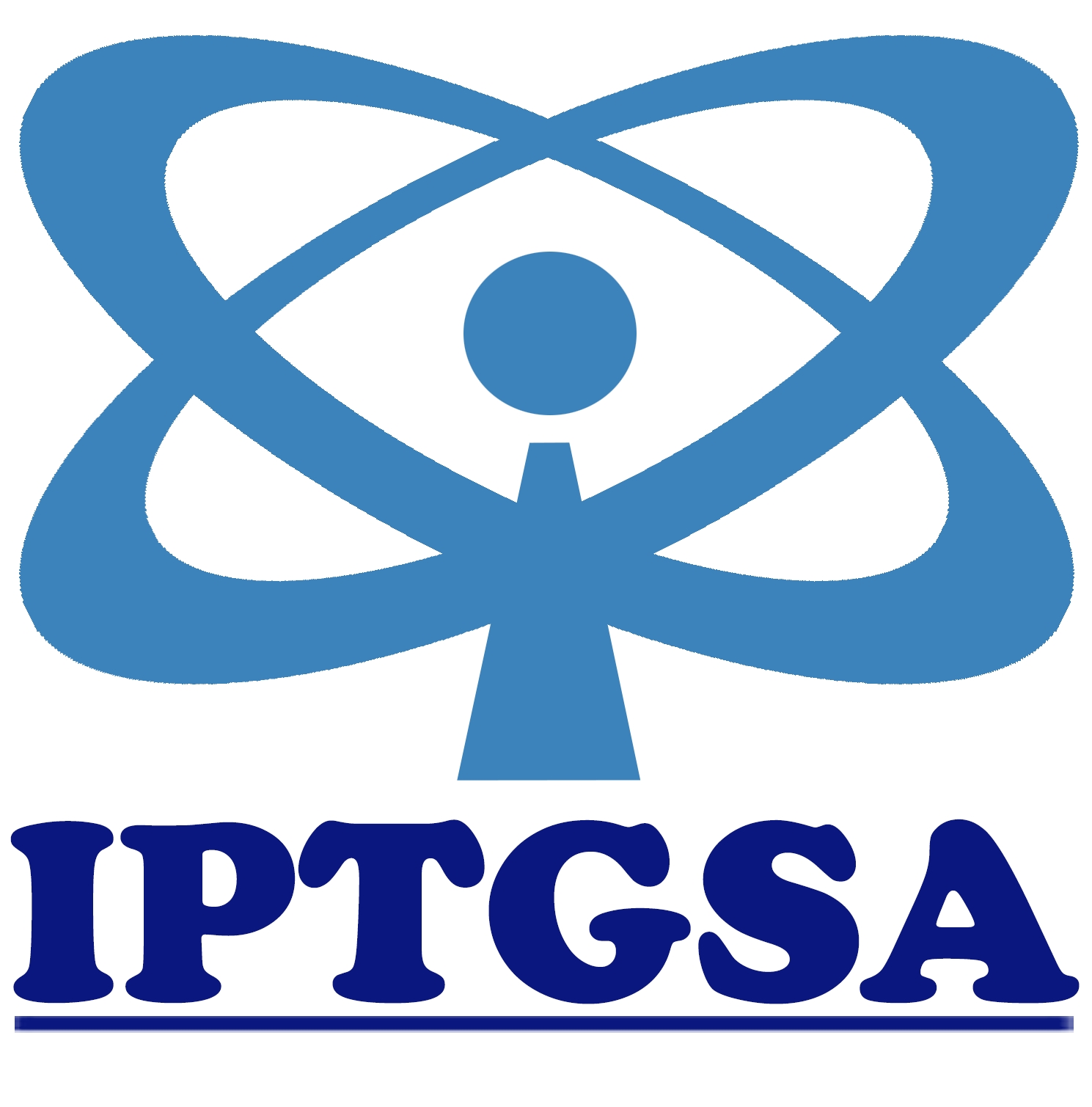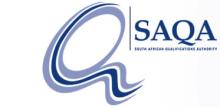All actual documents sent in for SAQA professional body application
SAQA
Progress noted as action is taken
| Date | Description | Action | |
| 1 | 3 March 2025 | Letter requesting updated requirements for application | JVB |
| 2 | 5 march 2025 | Received documents to prepare , need to attend online meeting 14 March 2025 | JVB,SW,LF |
| 3 | 10 march 2025 | SW & JvB compile all requirements for application up to 9b | JVB SW |
| 4 | 11 march 2025 | SW & JvB compile all requirements for application up to 10b | JVB,SW |
| 5 | 12 march 2025 | all policies and SAQA questions completed | JVB ,SW |
| 6 | 14 April 2025 | Letter to SAQA for official application sent | JVB, SW |
| 7 | 23 April 2025 | Sent followup email | JVB |
| 8 | 23 April 2025 | Received Application late afternoon | JVB |
| 9 | 29,30 April 2025 | Preparing final application application Completed | SW JVB |
| 10 | 5 May 2025 | Paper copy for files been printed | JVB |
| 11 | 5 May 2025 | 10 Am JVB dropped off application at SAQA head office | JVB |
| 12 | 1 July 2025 | Sent email to request update on PB status [email protected] | JVB |
| 13 | 2 July 2025 | Received email that application is still in process | JVB |
| 14 | 22 October 2025 | Sent email Requesting update on status | JVB |
| 15 | 22 October 2025 | Reply stating up for approval [email protected] | JVB |
| 16 | 24 November 2025 | Received email to request sit visit dates in Jan 2026 | JVB |
| 17 | 24 November 2025 | JVB replied to mail conffiring 21 Jan 202 | JVB |
| 18 | 28 November 2025 | 21 Jan 2026 fixed for in person SAQA physical site inspection | JVB |
SAQA Professional Body Policy
ADMIN2
THE SOUTH AFRICAN QUALIFICATIONS AUTHORITY Policy
And Criteria For Recognising A Professional Body
And Registering A Professional Designation
For The Purposes Of The National Qualifications
Framework Act, Act 67 Of 2008
SAQA application letter as prescribed by SAQA was sent on 7 June 2022 as per attached to [email protected]

